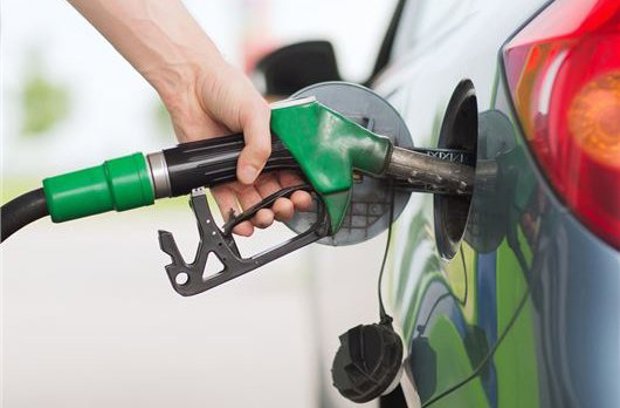E10 petrol to be rolled out across the whole of the UK

- E10 petrol will become the standard fuel mix in Northern Ireland from 1 November 2022.
- The fuel has already replaced E5 at filling stations in England, Scotland and Wales.
- E10 uses 10 oer cent renewable ethanol reduces carbon dioxide (CO2) emissions.
E10 petrol will become the standard fuel mix in Northern Ireland from 1 November, following its introduction at filling stations in England, Scotland and Wales in September 2021.
The move from E5 to E10, which contains up to 10 per cent bioethanol rather than up to five per cent, is designed to reduce CO2 emissions. The Government estimates the saving could be up to 750,000 tonnes a year - a figure the equivalent to taking 350,000 cars off the road.
However, E10 petrol can slightly reduce fuel economy (by around one per cent) and not every car is compatible.
All cars built since 2011 are compatible and most cars and motorcycles manufactured since the late 1990s are also approved by manufacturers to use E10.

The Government suggests that means almost all (95 per cent) of petrol-powered vehicles on the road today can use E10 petrol.
Classic and older vehicles, some specific models (particularly those from the early 2000s) and some mopeds (particularly those with an engine size of 50cc or under) may not be compatible with E10 petrol.
Drivers whose vehicle isn't able to use E10 fuel will still be able to use E5 by purchasing the ‘super’ grade (97+ octane) petrol from most filling stations.
E10 petrol is already widely used around the world, including across Europe, the US and Australia. It has also been the reference fuel against which new cars are tested for emissions and performance since 2016.
Is my car compatible with E10 fuel?
All new cars manufactured since 2011 are compatible with E10 petrol, and most cars and motorcycles manufactured since the late 1990s are also approved by manufacturers to use E10, according to the Government.
However, the following vehicles may not be compatible with E10 petrol:
- Classic, cherished and older vehicles.
- Some specific models, particularly those from the early 2000s.
- some mopeds, particularly those with an engine size of 50cc or under.
You can check whether your vehicle is approved to use E10 petrol on the Gov.uk website.
My car isn't compatible with E10 petrol, what should I do?
If your vehicle isn't compatible with E10 you should continue to use E5 petrol in the ‘super’ grade (97+ octane). This is still available at many larger filling stations.
What happens if I misfuel with E10?
If you accidently put E10 fuel in a car that isn't compatible you shouldn't need to drain the tank (unlike putting petrol into a diesel car).
Instead, simply fill up with E5 (‘97+ octane) petrol next time.
However, the Government warns that prolonged use of E10 petrol in a non-compatible vehicle may cause harm and is not recommended.
Can I use E5 or E10 petrol in my Ford Focus?

Can I put E10 fuel in my Golf R?


